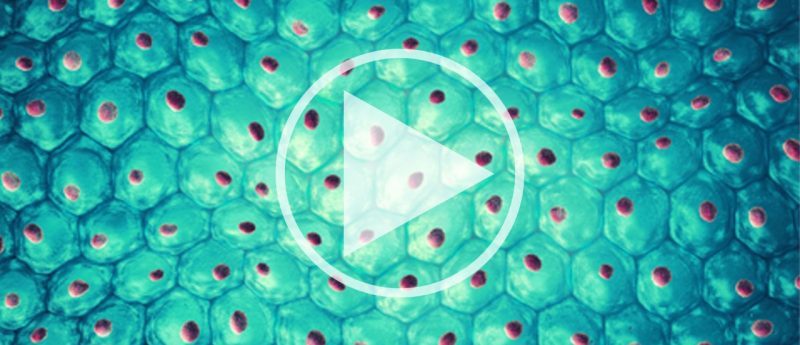Induced pluripotent stem cells (iPS cells) derived from patients with known genetic disease for modeling disease progression in vitro

Through the derivation of iPS cells from the somatic cells of patients with known genetic diseases, the potential exists to differentiate these cells to the cell types affected by the disease process.
Induced pluripotent stem (iPS) cells are derived through the genetic reprogramming of somatic cells to yield a population of stem cells capable of giving rise to all cell types of the body. As such, they can be utilized to study some of the earliest events underlying the generation of specific cell types. Upon establishment of these cell types, the possibility also exists to study particular features of diseases. Through the derivation of iPS cells from the somatic cells of patients with known genetic diseases, it is possible to study the onset and progression of diseases in the particular cell types affected by the disorder. Such an approach also allows for the development of personalized medicine approaches to treating diseases, as well as pharmacological screening with the goal of identifying novel compounds capable of treating these diseases.
What will you learn?
- Design of an in vitro system that can help predict and elucidate disease process
- How iPS cells are utilized to produce models for studying human disease
Who may this interest?
- Clinicians
- Researchers
- Cell therapy industry professionals
- Drug discovery and toxicology professionals
Speaker

Jason S. Meyer, PhD
Associate Professor, Biology
Indiana University Purdue University
Jason S. Meyer, PhD is an Associate Professor of Biology at Indiana University Purdue University Indianapolis (IUPUI) and is an adjunct associate professor of Medical and Molecular Genetics as well as a principle investigator at the Stark Neurosciences Research Institute at Indiana University School of Medicine. Dr. Meyer received his bachelor’s degree from Colgate University and his doctoral degree from the University of Missouri. He completed his postdoctoral training at the University of Wisconsin and was later promoted to the rank of assistant scientist, where he studied the ability of human pluripotent stem cells to develop into retinal progenitor cells and adopt a retinal fate. Since August of 2010, Dr. Meyer has established an independent research program at IUPUI focused upon the mechanisms underlying the specification and maturation of individual cell types of the retina, with a particular focus upon photoreceptors and retinal ganglion cells. Additionally, Dr. Meyer’s research group is interested in the ability to study features of retinal disease through the use of patient-specific stem cells.
For a full list of other webinars available on RegMedNet please see here.
